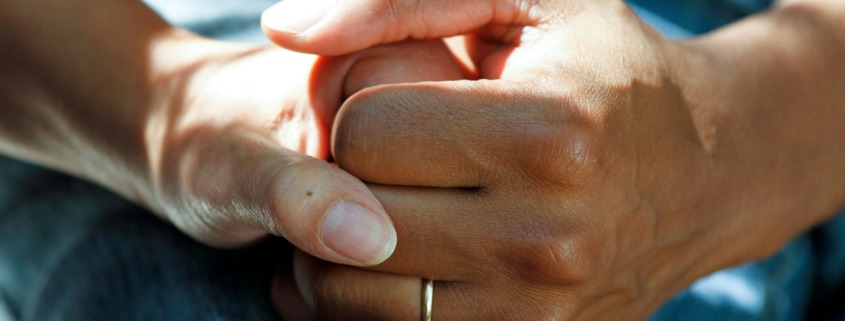Different Support Therapies During Your Cancer Treatment
The most effective cancer treatments do not start and end in a radiotherapy centre but focus on ensuring that anyone who is diagnosed receives the physical and mental support they need to have the best chance of the best outcome.
Oncology specialists know more than anyone else that cancer treatment is inherently holistic in nature, and highly effective radiotherapy also needs to be combined with a wider, supportive approach that ensures that people know that they do not need to fight this alone.
Whilst this is important for its own sake, especially given how much cancer can affect people mentally, a complete support system has a considerable impact not just on mental well-being, but also on the effectiveness of many cancer treatments and their long-term outcomes.
According to some studies, chronic stress can cause cancers to advance, and conversely, support therapies have been linked to better clinical outcomes.
With that in mind here are some of the support options available during cancer treatment.
Psychological Support
From the moment of diagnosis, counselling is available, and can be organised in whichever way a person feels most comfortable with, and there often various types of talking therapies available based on what a person needs at the time.
Some people prefer a one-to-one therapy session where they can work through with a professional the often powerful and complex feelings that inevitably come with a diagnosis or over the course of treatment.
At the same time, other people prefer having family members or loved ones with them during support meetings, and all of this can be arranged in the best way possible to help the healing process.
Alternatively, it can also be undertaken in a group therapy setting, as it can often be incredibly helpful for someone to discuss their experiences with people who are going through the same types of experiences and can discuss ways in which they managed to work through.
Support Groups
Whilst structured therapy is available, there are also more informal support groups available that are set up for people to discuss their experiences outside of a therapeutic setting, which can sometimes be necessary to ensure people can open up.
It can also be a place where people going through treatment can share advice and discuss the everyday ways in which cancer can affect people, as well as make new friends and become part of a community at the same time.
As well as this, it can help to talk to someone who has undertaken the same or similar treatments and compare experiences, which can do a lot of help with the understandable fears that can arise when major treatments are suggested and planned.
Finally, it can be a place to regain confidence. Cancer can affect not only the relationships you have with other people but the one you have with yourself.
There are a lot of different groups, some of which specialise in a specific type of cancer, some are small enough to take place in someone’s house whilst others fill a function room. Some involve guest speakers and activities, whilst others are more informal and about discussing feelings.
As well as this, much like the treatment centre, a support group can be an excellent place to not only find other people but find other support services, such as massages, yoga, mindfulness meditation and other complementary therapies to discuss with your doctor.
Nutritional Support
Given that nutrition and diet can have a considerable effect on both mental well-being and physical health.
One of the main first steps of prehabilitation, the steps taken to get ready for treatment, as well as during and after treatment, doctors and the rest of the support team can provide advice and guidance about the small lifestyle, nutrition and dietary choices that can be made to help with recovery.
As with anything diet related, a small change that sticks is far more important than attempting an unrealistic plan and being unable to keep it consistently. Adding a few vegetables to existing meals, drinking less alcohol rather than quitting entirely and doing some exercise will all make huge differences.
The treatment team will explore a person’s individual circumstances and give sustainable advice, with explanations for how they can help mitigate the effects of treatment, with full nutritional information, monitoring of BMI and weight, as well as interviews during consultations.
Nutrition and physical activity do not just help with physical health but they can both improve mood and mental wellbeing, making them a vital part of treatment available to people that are undergoing cancer treatment.


